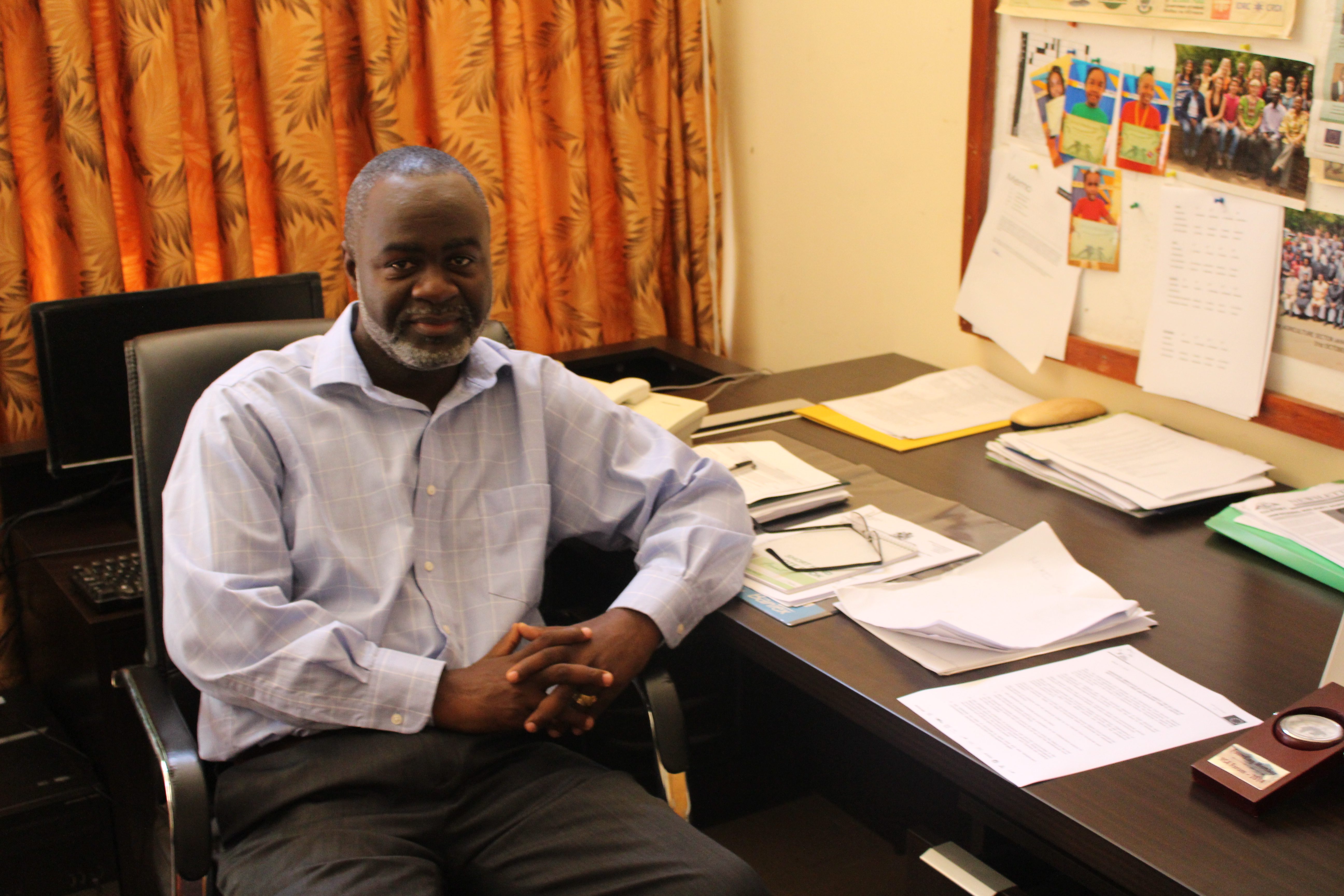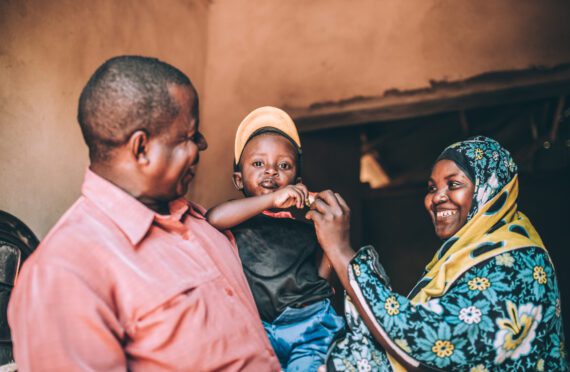By Nathan Magrath
My first thought driving the 20km or so from the airport to Malawi’s capital city of Lilongwe was how much the landscape reminded me of the American Midwest. With the notable exception of the minor outcropping mountains scattered here and there, much of the visible terrain in the immediate Lilongwe area is either medium or large scale maize farms and—surprisingly—forested areas. A more careful study of the country, however, produces a complicated picture of food security and agricultural production. Malawi has been dealing with the dual extremes of droughts and floods—made even more extreme by the effects of climate change and the height of an extraordinarily strong El Niño. At the time of my visit, the rains were only starting to return after a drought, and in the midst of what is commonly referred to as the ‘maize crisis.’
This was the backdrop for a conversation I had with Tamani Nkhono-Mvula, who leads the Civil Society Agriculture Network (CISANET). The Alliance to End Hunger, through its National Alliance Partnership Program (NAPP), has been working with CISANET to assist in building its capacities to better engage policy processes around food security, nutrition, and agricultural development. The NAPP initiative is currently made possible through a USAID grant to the Alliance to End Hunger through the U.S. government’s Feed the Future initiative.
CISANET originally started as a part of Jubilee 2000—a movement dedicated to the eradication of debt among ‘heavily-indebted poor countries.’ The Malawi ‘chapter’ of this movement was called the Malawi Economic Justice Network, and was made up of a number of ‘task forces’ focused on specific issues including agriculture, health, education, and others. The agriculture task force eventually became CISANET, and adopted broader food security issues into its mandate.
CISANET has evolved over the years to a current mission: “To promote agricultural development and sustainable livelihoods for the poor by influencing desired change in policies, practices, and attitudes of government, donors, civil society and private sector through effective advocacy and networking.” In its mission, the organization strives for independence from external influences while working to be inclusive, with the ultimate goal of promoting pro-poor policies.
The work of CISANET has developed as well. “CISANET’s bottom line objectives remain consistent, but our approach has improved,” explained Nkhono-Mvula. He went on to explain that in the beginning of CISANET’s mandate the coalition was primarily focused on national budget tracking, but through the years the group has focused on five key aspects of food security and agricultural development:
- Climate smart agriculture
- Livestock and dairy
- Value chain development and trade
- National budget monitoring
- Gender, nutrition, and social protection
Nkhono-Mvula stressed the fifth aspect as being increasingly important. “At the end of the day, nutrition is what is important; eating without nutrition is useless. And we as a community are increasingly realizing that gender issues are essential not only to [agricultural] production, but also storage, marketing, etc.”
CISANET has broadened its scope through utilization of local coalitions throughout the country. I was able to visit one such group in the community of Salima, near Lake Malawi. The Salima Civil Society Network convenes a number of local organizations to address a variety of social issues locally. CISANET is able to forge collaborative partnerships with local coalitions like this to enhance civil society engagement with policymakers at different levels. Cindy Kibombwe, the Director of Programs at CISANET explained that these partnerships allow multiple angles on affecting relevant policies. “For example, as Members of Parliament campaign, CISANET will work through these local groups and seek commitments related to food security and agriculture. Sometimes we are even able to have commitments signed in front of village elders, which is great.”
Both Nkhono-Mvula and Kibombwe expressed appreciation for the assistance that the National Alliance Partnership Program offers. “NAPP has helped to improve capacities for us to do our work more effectively and efficiently,” stated Nkhono-Mvula. He cited improvements to monitoring and evaluation systems, staffing, and strategic planning. Ideally, he confirmed that the organization is adding a valuable research component to improve evidence-based advocacy efforts. Also appreciated has been the collaborative work between CISANET, the Alliance to End Hunger through NAPP, and Counterpart International through their ‘Supporting the Efforts of Partners (STEPS)’ initiative. This collaborative capacity-building partnership not only supports the mission of CISANET, but also exemplifies collaboration between USAID-funded initiatives and between the U.S. Alliance and one of its member organizations.
To learn more about the National Alliance Partnership Program, CISANET and other international partnerships through the Alliance to End Hunger, visit www.partnershiptoendhunger.org.
Nathan Magrath is the manager of communications and outreach at the Alliance to End Hunger, a sister organization of Bread for the World. This article first appeared on the Alliance to End Hunger website.



